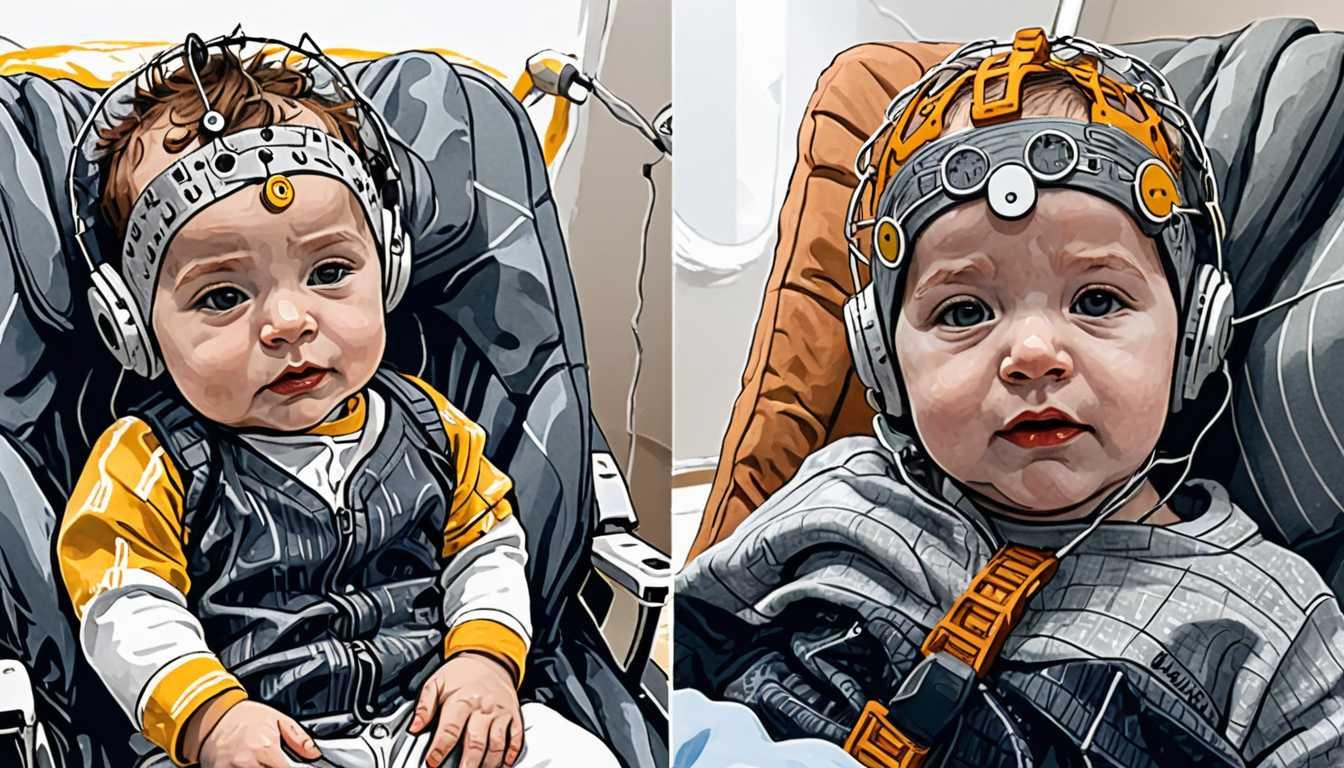Decoding Baby Babble: A Science Dive
October 2023
Massachusetts Institute of Technology (MIT)
Introduction
Dive into the fascinating world of baby talk with MIT and Harvard's latest study! Ever wondered how adults decode the adorable yet puzzling da from toddlers? This research uses cutting-edge computational models to uncover the secret sauce: context from previous chats and common kiddo mispronunciations. It's more than just guesswork; it's a sophisticated dance of understanding that might just be key to helping babies master language. Ready to peek into the minds of adults making sense of baby babbles? Check it out!
READ FULL ARTICLEWhy It Matters
Discover how this topic shapes your world and future
Decoding Babble - The Key to Unlocking Language Learning
Imagine you're trying to solve a puzzle, but half of the pieces are missing, and the other half are from a different puzzle altogether. Sounds challenging, right? Well, that's somewhat akin to the task adults face when trying to understand the babbling of babies. This isn't just a party trick; it's a fundamental part of how children learn to communicate. Understanding this process matters because it sheds light on the incredible skill adults have in interpreting children's early attempts at speech, which in turn, plays a crucial role in supporting the child's language development. This isn't just about babies and parents; it's about the very essence of communication, learning, and connection. For you, this could mean exploring how your own language skills developed, or even how you communicate with younger siblings or family members. It's about seeing the extraordinary in the ordinary, the complex science behind the simple "da."
Speak like a Scholar
Computational models
These are like video game simulations, but for studying how humans think and speak. Scientists use these models to predict how people might react or what they might say in different situations.
Phonetic transcriptions
This is a special code (like secret agent stuff) that linguists use to write down exactly how words sound, not just how they're spelled.
Neural networks
Think of these as robot brains that can learn from a bunch of examples. Scientists use them to help computers understand language and even predict what word might come next in a sentence.
Conversational context
This is the background info or situation that words are spoken in. Just like knowing the rules of a game helps you play better, understanding the context helps you get what someone means.
Mispronunciations
When words don't come out sounding quite right. It's like trying to say ""spaghetti"" but it ends up sounding more like ""pasghetti.""
Feedback system
This is a loop where information or actions lead to reactions and adjustments. Like when you're learning to ride a bike, and you keep changing what you're doing based on what happens (like not falling over).
Independent Research Ideas
The role of toys in language learning
Investigate how the types of toys and games children play with might influence their early word acquisition. Are talking toys better teachers, or do simple blocks do the trick?
Music and mispronunciations
Explore how listening to music or learning to play an instrument can impact a child's ability to pronounce words correctly. Is there a melody to mastering language?
The impact of multilingual environments on early language understanding
Dive into how growing up in a house where multiple languages are spoken affects a child's ability to understand and communicate. Does it confuse them or give them a superpower?
Technology-assisted learning in early language development
Examine the effectiveness of apps and digital games designed to boost language skills in toddlers. Are screens the new teachers?
Animal companions and language acquisition
Investigate if having a pet, like a dog, that a child attempts to communicate with, can influence their language development. Do pets help kids find their voice?
Related Articles

Pronouns: Clues to Cognitive Health
March 2024
Cornell University

Rhythm: The Pulse of Life
May 2023
BBC

Colors Reimagined: Bilingual Minds
November 2023
Massachusetts Institute of Technology (MIT)

Brainwave Sync: Learning's Secret?
April 2023
New York University

Babies, Beats, and Babbling: Learning Language
November 2023
University of Cambridge